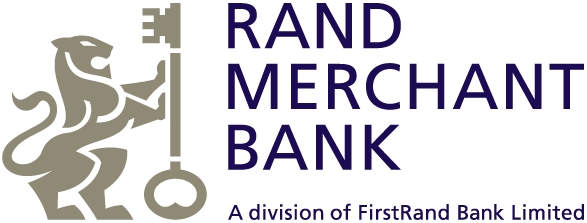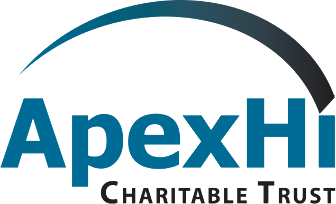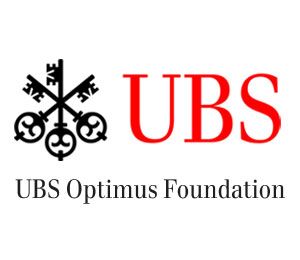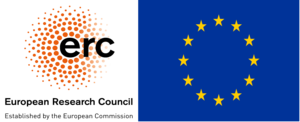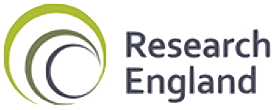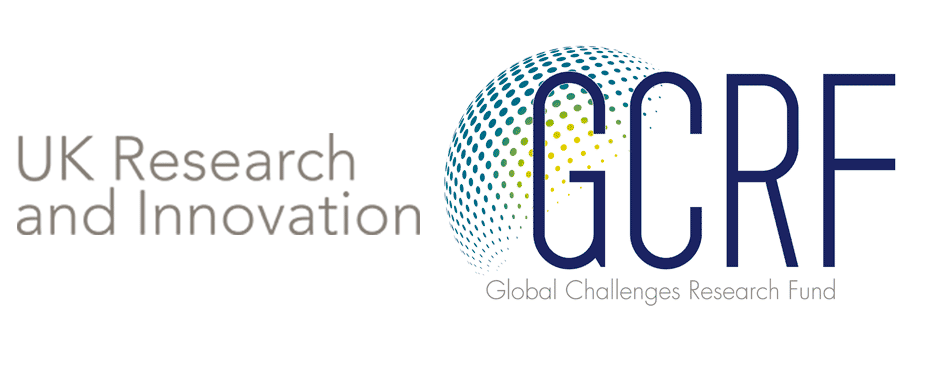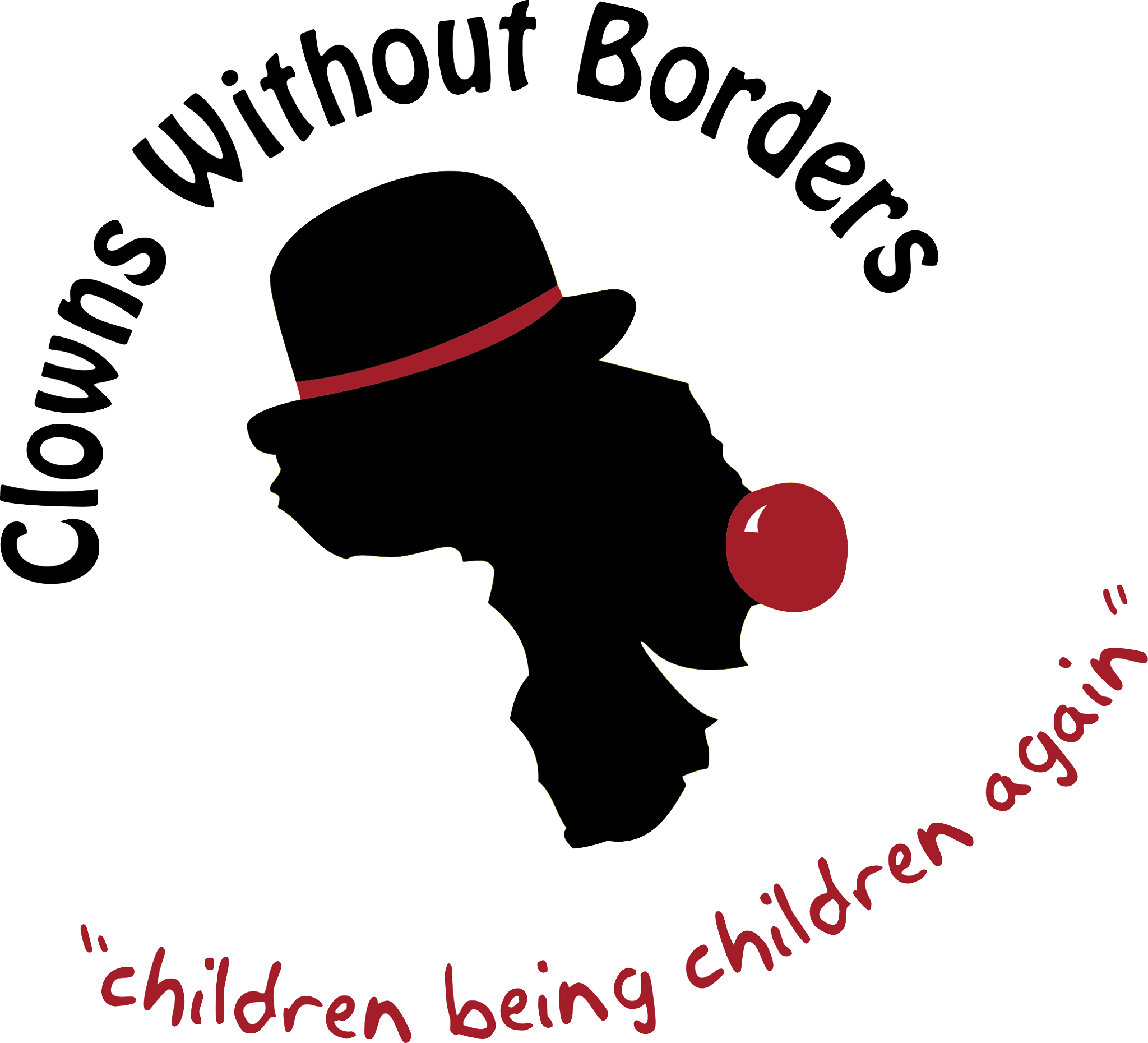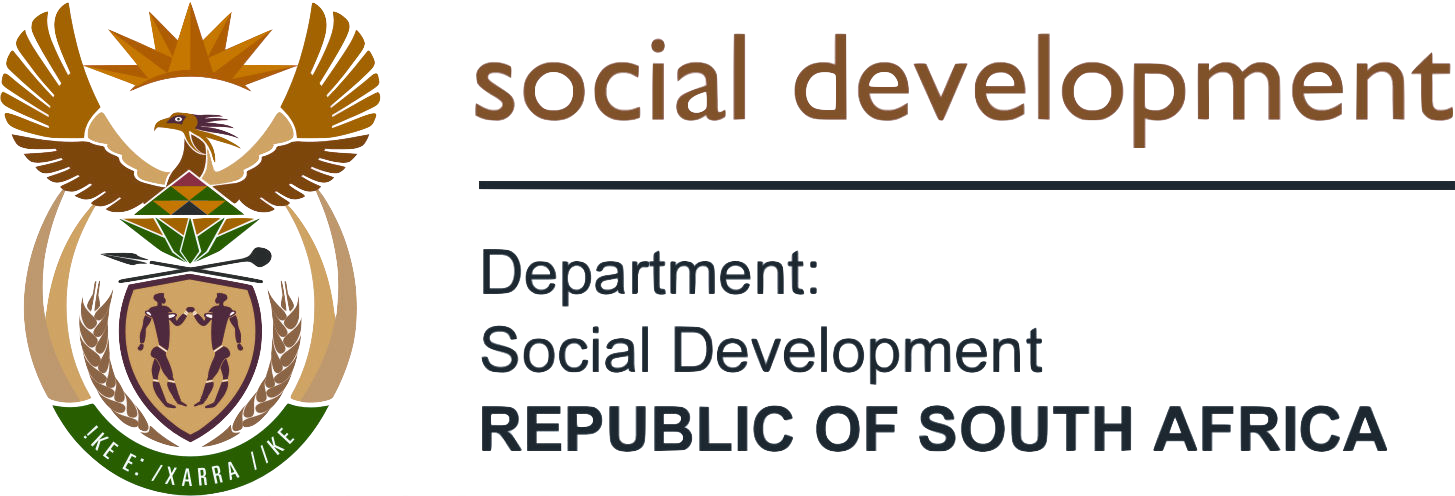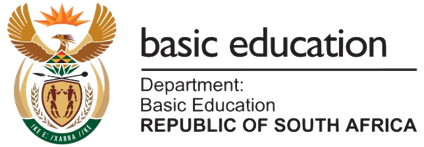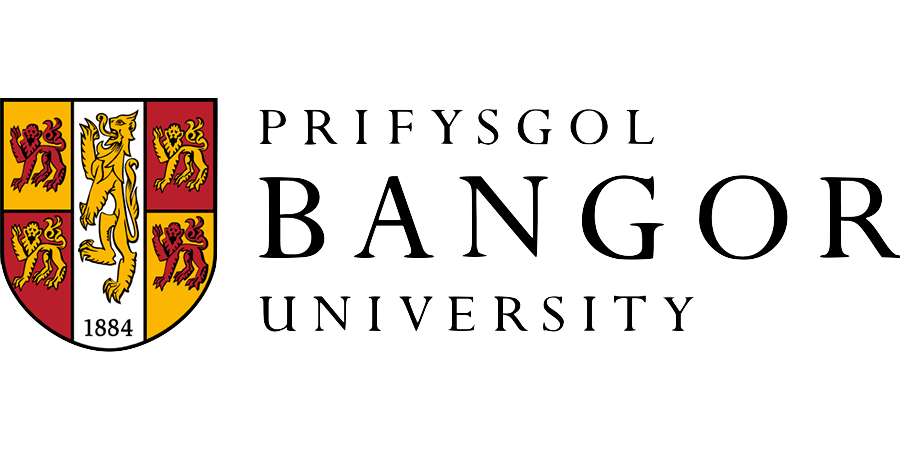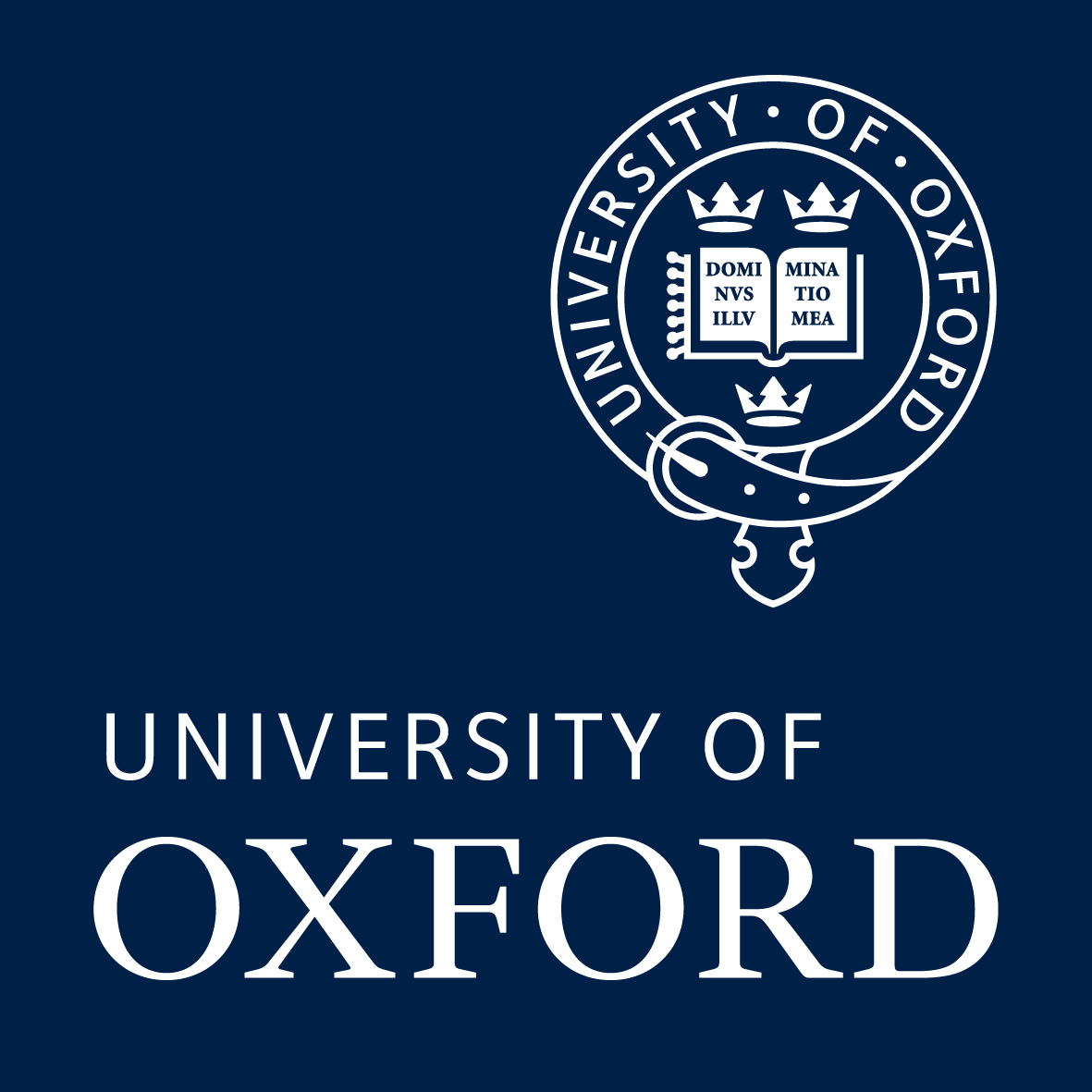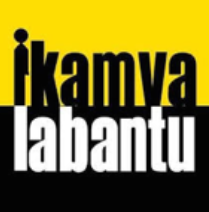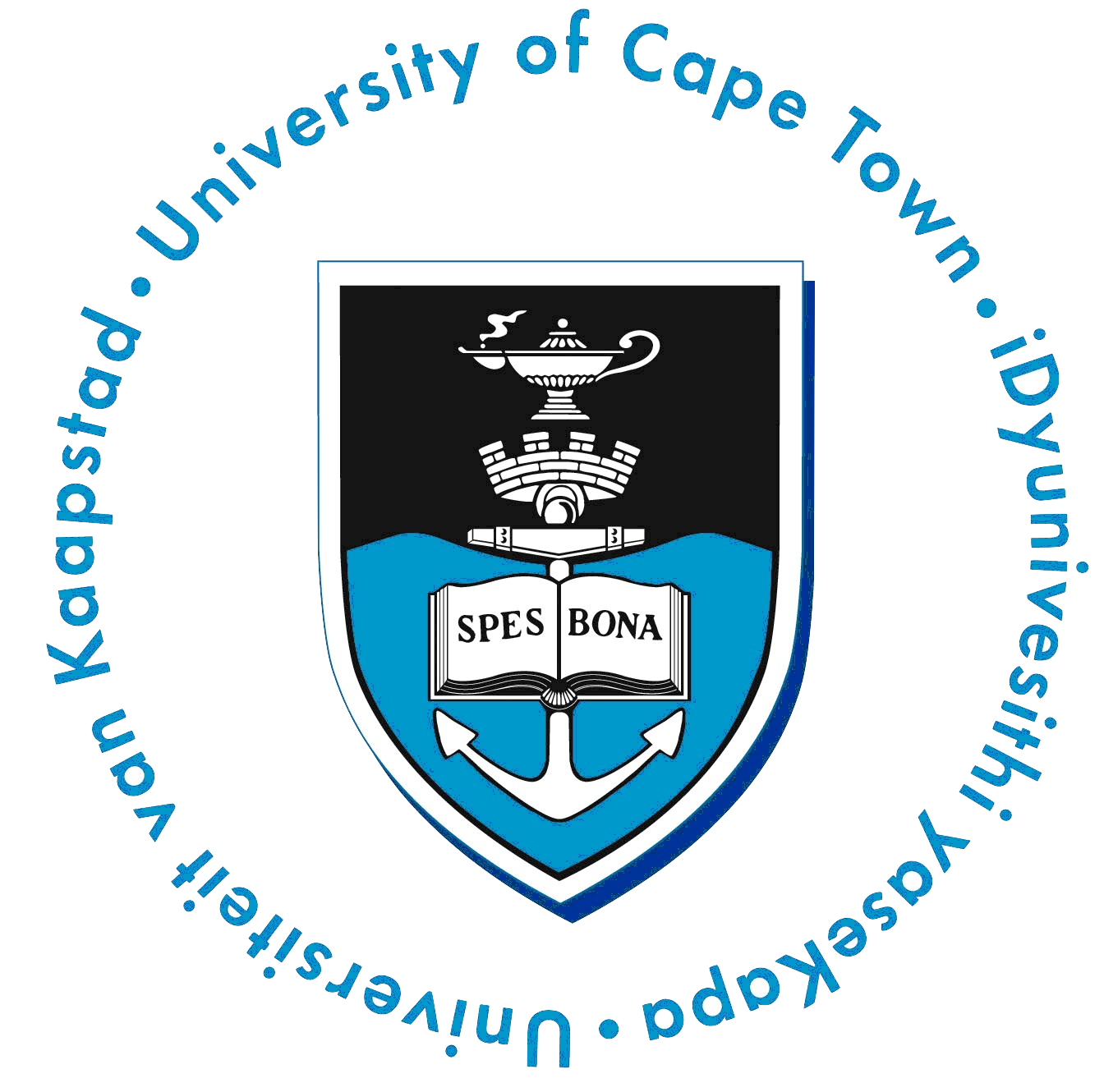“What PLH for young children changed for me in my home: I’ve changed the way I think about her. [I’ve changed] the way I talk to the child... We are closer than before. She looks after the kids when I’m not home.”
PLH for young children (ages 2 to 9)
Parenting for Lifelong Health (PLH) for Young Children is an open access, non-commercialised, and evidence-based parenting programme for parents of 2- to 9-year-olds. This programme belongs to the PLH intervention suite endorsed by the World Health Organization and UNICEF. The programme aims to support families worldwide and promote children’s physical and emotional wellbeing.
The programme was developed and tested in South Africa through a collaboration with the South African government, Clowns Without Borders South Africa, Ikamva Labantu, and the Universities of Oxford, Bangor, and Cape Town.
Child abuse is a major problem in South Africa. Children who are affected by HIV/AIDS and poverty are especially at risk – with rates from 40% to 60% among low-income children. Victims of abuse are more likely to drop out of school, engage in risky sexual behaviour and criminal activity, and continue the cycle of abuse with their own children.
Families with HIV-infected parents, foster parents, and/or parents who are victims of intimate partner violence are particularly high-risk groups for child abuse. For these parents and caregivers, the stresses of their health problems, of caring for multiple orphaned children and of their own childhood experiences can make parenting more difficult. Parenting interventions have been shown to reduce risks of child maltreatment. However, there are currently no evidence-based child abuse prevention programmes in the developing world for children ages 2 to 9.
background
Child safety and wellbeing is a major concern in South Africa. Children who are affected by HIV/AIDS and poverty are especially at risk – with rates from 40% to 60% among low-income children. They are more likely to drop out of school, engage in risky sexual behaviour and criminal activity, and continue the cycle with their own children.
Children growing up in families with HIV-infected parents, foster parents, and/or parents who are victims of intimate partner violence are particularly high-risk groups for poor wellbeing. For these parents and caregivers, the stresses of their health problems, of caring for multiple orphaned children and of their own childhood experiences can make parenting more difficult. Parenting interventions have been shown to reduce the risks described above. Until PLH for Young Children, there were no evidence-based parenting programmes in the developing world for parents of 2- to 9-year-olds.
AIMS
The overall goal of PLH for Young Children is to provide a low-cost programme to promote children physical and emotional wellbeing and improve child behaviour. It aims to help parents and caregivers develop nurturing relationships with their children while coping with stress from HIV/AIDS, poverty, and violence. To attain this goal, it also has the following specific objectives, to:
Increase parenting knowledge, skill and sense of competence
Improve positive parenting behaviour
Improve parental supervision and monitoring of children
Decrease inconsistent and harsh discipline
Improve caregiver mental health and social support
methodology
PLH for Young Children is an innovative 12-week programme that combines the latest scientific research on effective family interventions with culturally relevant approaches specific to South Africa.
The initial evaluation of PLH or Young Children included a pilot randomised trial with 68 parent-child pairs, and this was followed by a larger randomised trial (with 296 parent-child pairs) – both in Cape Town, South Africa, where the programme is known as Sinovuyo Kids. The evaluations included the use of parental self-report questionnaires as well as video observations of parents and children interacting during structured tasks.
The Sinovuyo Kids Project's research site is located in peri-urban townships around Cape Town in the Western Cape of South Africa.
Questionnaires
This study has employed internationally recognized scales and measures. The questionnaires can be accessed below:
1-year Follow-Up Questionnaire
RESULTS
The pilot study of Sinovuyo Kids found that parents who received the programme engaged in more positive parenting strategies when compared to those who did not receive the programme. The larger trial found that parents who received the programme (when compared to controls) reported increases in positive parenting and decreases in harsh parenting and child conduct problems immediately after the programme was completed. At the one-year follow-up, parents who received the programme also reported more non-violent discipline than parents who did not receive the programme. Data from video observations showed that parents who received the programme had greater positive parent behaviour immediately after the programme as well as a year later.
current status
The Sinovuyo Kids programme, known internationally as PLH for Young Children, is currently being evaluated in several countries, including the Philippines, Thailand, Macedonia, Romania and Moldova. The programme has also been scaled up in several countries across sub-Saharan Africa as well as Eastern Europe.
funders
Development and evaluation of PLH for Young Children was funded by Ilifa Labantwana, World Health Organization, Rand Merchant Bank Fund, the ApexHi Charitable Trust, the John Fell Fund, the Clarendon Fund, the UBS Optimus Foundation, UNICEF Thailand, UNICEF Philippines, UNICEF Montenegro, the European Research Council (ERC) [FP7/2007-2013/ ERC grant agreement n°313421], the European Union’s Horizon 2020 research and innovation fund (grant agreement No.771468 and No.737476), Research England, UKRI GCRF Accelerating Achievement for Africa's Adolescents Hub (Grant Ref: ES/S008101/1), and the National Research Foundation of South Africa (Grant No.: 118571).
PARTNERS
Principal Investigators
Professor Lucie Cluver, Professor of Child and Family Social Work at the University of Oxford & Honorary Lecturer for the Department of Psychiatry & Mental Health at the University of Cape Town
Professor Catherine Ward, Professor of Psychology in the Department of Psychology at the University of Cape Town.
Dr Jamie McLaren Lachman, Research Officer, Department of Social Policy and Intervention, University of Oxford; Research Fellow, MRC/CSO Social and Public Health Sciences Unit, University of Glasgow; Executive Director, Clowns Without Borders South Africa.
Page last updated: 11 February 2019





